“I was doing well as work, but I felt that this was not what I wanted to do in the long-term.”
Although he has worked as an Air Traffic Controller with the Singapore Air Force for over 4 years, Zhi Kai was originally an Economics and Finance graduate and his passion has never strayed far from numbers and data.
“In terms of longevity for works, it’s not just about your role or your pay. Doing what you like doing is more important and I felt that I wanted to be back in the finance sector.”
And that is exactly what Zhi Kai did. He spent 18 months juggling work and studying for a Master of IT in Business, specializing in analytics before focusing on his studies full-time.
So did Zhi Kai’s decision to transition between two seemingly disparate industries pay off? Well, the results speak for themselves.
In the final month of his Masters programme, Zhi Kai not only secured a role in the compliance arm of Maybank’s Regulatory Advisory team, but was also given the opportunity to join the Professional Conversion Programme (PCP) to accelerate his transition to the finance industry.
New Job, Timeless Skills
Zhi Kai’s current role involves the communication of regulatory changes to Maybank’s internal and external stakeholders, and working with them to ensure operational compliance. Interestingly, these responsibilities fit well with the soft skills that he picked ip from his days as an air traffic controller.
“You can have a lot of ideas and a lot of thought-processes, but the ability to communicate is key. You need to be able to ensure that the message you have discussed within your team is properly disseminated through to your intended audience.”
But it did not stop at communications. Zhi Kai discovered that his previous role had helped him develop a strong set of critical thinking skills to excel in finance. “You had to find creative solutions to make things more seamless and effective,” Zhi Kai says. “So I think that to a certain extent, there is a resemblance between air traffic and compliance.
Ironically, learning the lingo and how the industry worked were the most pressing impediments to his newfound career. As Zhi Kai candidly puts it, “Understanding the financial terms being used was a challenge. But in terms of skill sets, I think I was equipped from my previous role.”
3f470a27-da66-41ba-9be5-9c505066db3c.png?sfvrsn=6cbef39d_1)
Keeping Pace with Volatility and Technology
Like many industries racing towards automation, there is a fear that technology will eventually replace banking jobs. In Zhi Kai’s experience, however, humans still have a pivotal role to play, particularly when it comes to solving more complex problems.
“We’re trying to come up with bots that can handle common questions, but when it comes to specific scenarios, the bot is unable to take over and humans must come in,” he explains. “People will still have to do the analysis and make sure that bots are fitted with the correct information.”
What he does agree with is that the finance industry is rapidly changing when it comes to how banks use and process data.
Cybersecurity, for instance, is becoming increasingly important to protect the data captured by organisaitons and the Cyber Security Agency of Singapore (CSA) has identified the proliferation of biometric data and cloud databases as key vulnerabilities that can be exploited. In contrast, these same technological advances have enabled banks to provide their customers with more personalized products and gauge the risk of offering a loan more accurately.
“I think that the banking environment is very volatile and scenarios will change,” cautions Zhi Kai.
Trusting that one can never have all the answers, he stresses the importance of being innovative when looking for solutions. One tip to reach out and “talk to more people”. Apart from networking, Zhi Kai shares how he would still maintain contact with his former professor for recommendations and industry insights.
Even though he currently possesses the tools he needs to complete the job, Zhi Kai is not resting on his laurels. He knows that the only way to compete in the future is to remain proactive and have a growth mindset that you always need to learn more.
“You just never know what other skills will be required to fulfil your job in the long-term,” mulls Zhi Kai. “You just have to be ready to adapt and learn accordingly.”
.png?sfvrsn=6ddc5f9a_1)
Forging a New Path in Banking
While it would be easy to overlook a candidate who lacks industry experience, Maybank saw Zhi Kai’s passion and potential coupled with his other transferable skills. And given their open-minded recruitment process, they were willing to take a chance on hiring and investing in him.
To help Zhi Kai transition to the finance industry, they signed him up for the PCP and gave him the opportunity to put his theory into practice with hands-on projects.
“You learn more when you fail to a certain extent. Through trial and error, you learn from your mistakes, and then using those learnings, you’re able to make an end product that’s more robust, more solid and more able to stand up to scrutiny.”
No doubt, Zhi Kai found the first nine months of his new career to be the most difficult. But with the support of his colleagues, he was able to pull through.
“I was expected to apply regulatory knowledge but lacked any background to fall back on," says Zhi Kai. “So to overcome that, I always had to speaks with my seniors and my pers to get their interpretation of the notices issues by MAS.”
Having worked at Maybank since September 2018, Zhi Kai now feels settled and has big plans to develop Regulatory Technology solutions that will increase the compliance team’s performance in 2020.
Although the air force and banking may seem worlds apart, Zhi Kai’s journey shows that with the right attitude and transferable skills, switching between two markedly different industries is possible.
To working professionals out there who wish to pursue one’s passion, he advises, “Do not shy away from opportunities due to the fear of failure. Take up the challenge and strive to be a diligent and innovative team player. Should the outcome fall short of expectations, do not be disheartened. Document the lessons learnt and learn from your mistakes.”
.png?sfvrsn=a22f14c8_1)
To find out more about how the PCP programme can help you transition your career
click here.
The article is part of a series of stories on PMETs who have gone through an upskilling or reskilling transformation journey within the banking and finance industry.
Article is accurate as at time of publication in 2020.

 Overview
Overview

.png?sfvrsn=1b3d87aa_1)

3f470a27-da66-41ba-9be5-9c505066db3c.png?sfvrsn=6cbef39d_1)
.png?sfvrsn=6ddc5f9a_1)
.png?sfvrsn=a22f14c8_1)










